7 Car Sounds You Should Never Ignore
A little bit of noise is to be expected when your car is running, but certain sounds can be indications that something’s amiss. Always keep your ears open when you’re driving, and have a mechanic take a look at your car if it makes any of the 7 following noises
Listener Beware
Today’s cars are quieter than the clunkers of old, yet certain squeaks, rattles, and hums are still part of the driving experience. Sometimes, however, you may notice a strange noise coming from under the hood, from the tires, or from some hard-to-pinpoint location. When this happens, pay attention! Don’t just turn up the stereo or ignore the noise, hoping it will go away. Instead, find a good mechanic who can use the noise to figure out what’s wrong and correct any problems before they lead to catastrophic and costly failures.
Photo: istockphoto.com
Knocking, Popping, or Banging
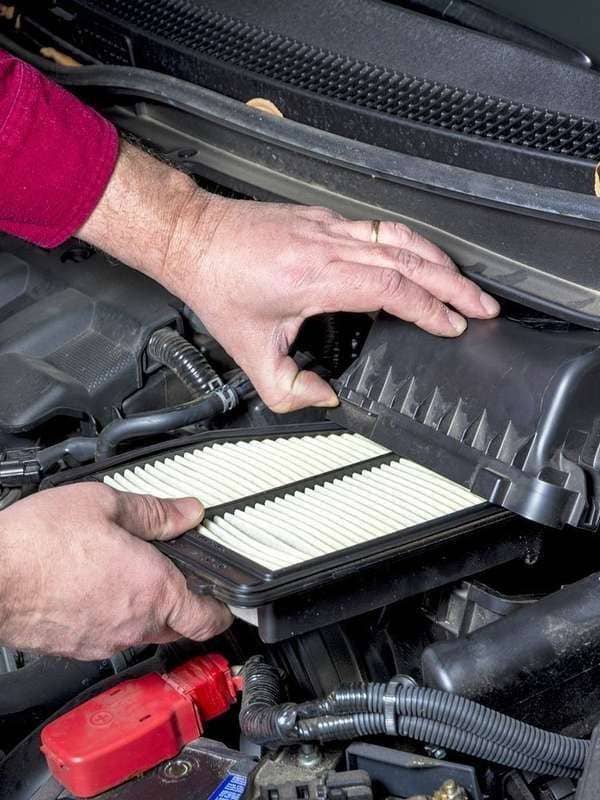
The most common cause of engine knocking is using low-octane gasoline in a car that requires high-octane gasoline, which leads to improper vehicle performance. A popping noise from the engine can indicate several problems, including worn or dirty spark plugs, a clogged fuel filter or dirty air filter, bad ignition wires, or a problem with the distributor cap or rotor. Popping or a loud backfiring bang can signal a problem with the catalytic converter.
Photo: istockphoto.com
Squealing
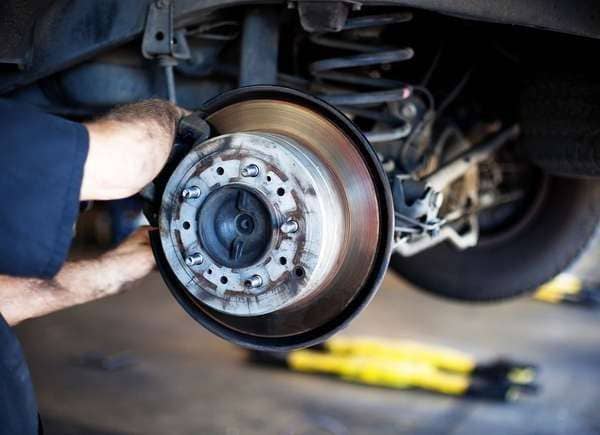
If you hear squealing or chirping sounds when you step on the accelerator, you could have a loose or slipping engine belt, or there could be a problem with the water pump. If you hear squealing from the wheels when you apply the brakes, there could be serious problems with the brake rotors, brake pads, or brake shoes.
Photo: istockphoto.com
Clicking or Tapping
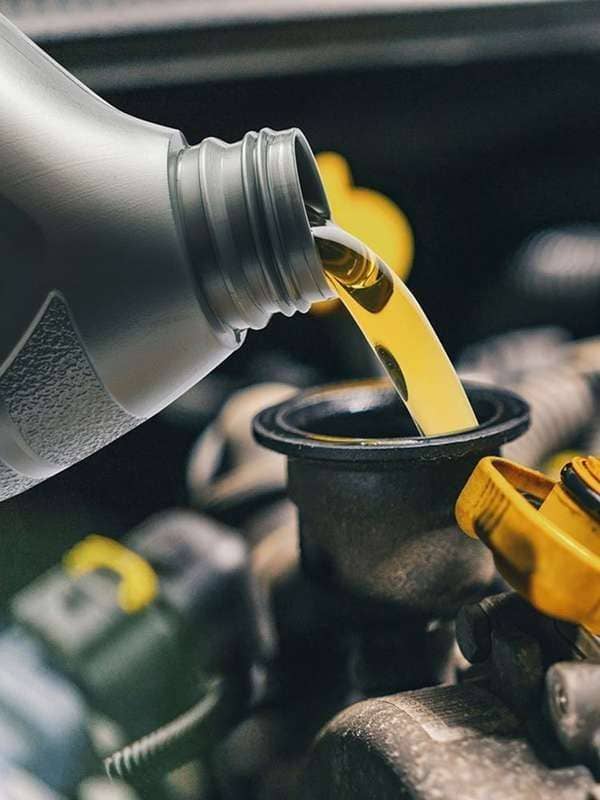
Clicking noises, especially when turning, may indicate a problem with the CV joints, which are located on the inner and outer ends of the axles. These allow power to be transferred efficiently to the wheels while still letting the wheels turn and move freely up and down. Clicking noises can also be caused by failing universal joints, which are located on the drive shaft. Clicking or tapping sounds coming from the engine typically mean that the engine is low on oil or that there is a problem with the oil pressure or valves.
Photo: istockphoto.com
Whirring or Whining
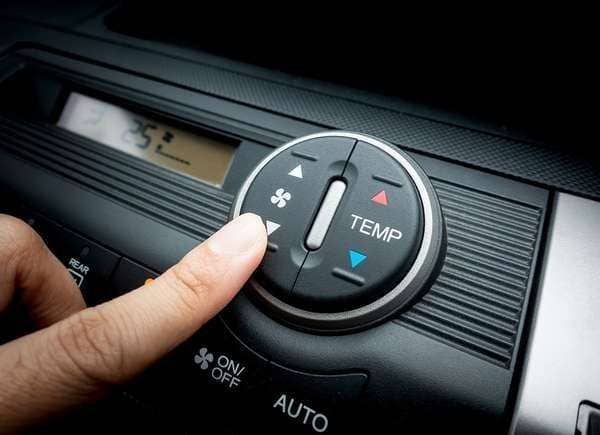
Whirring and whining noises often vary as the engine runs fast or slow, and they can indicate a number of different problems, including a failing water pump, a bad power steering pump, low power steering fluid, a failing alternator, or problems with the air-conditioning system. Whining can also be a sign of wear or of problems with the transmission or differential gear train.
Photo: istockphoto.com
Hissing
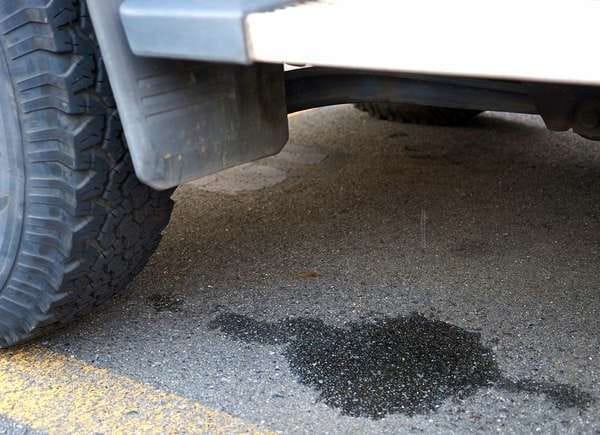
A hissing noise coming from under the hood is generally the sign of a leak, typically in either the cooling system or the vacuum system. If you hear the hissing sound right after you turn off the car, it is often a sign that oil or coolant is leaking onto the exhaust manifold or another heated engine part. High-pitched hissing while the car is running is often a sign of a leak in a vacuum line, hose, or fitting.
Photo: istockphoto.com
Grinding or Humming
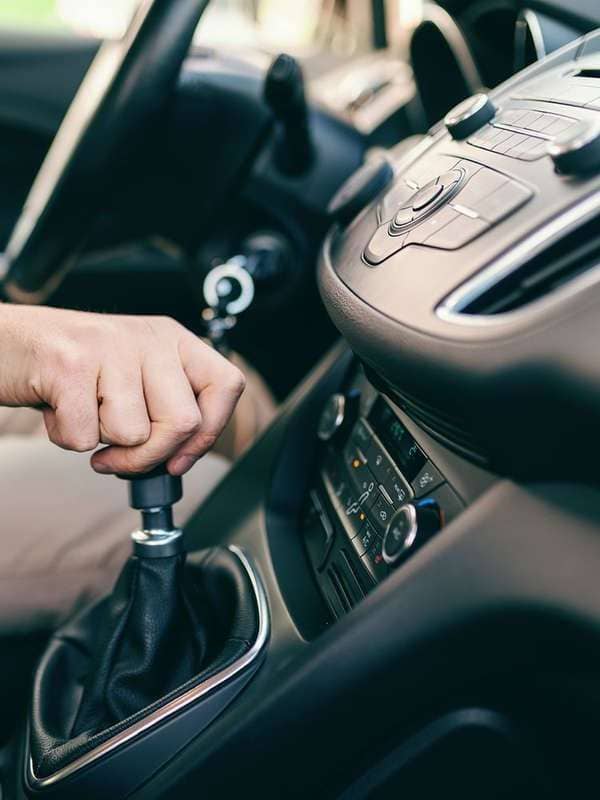
Grinding or low-pitched humming sounds can be a sign of wear and failing parts. If you hear gears grinding while shifting a manual transmission, you may have a problem with the clutch, transmission, or synchronizer. If the grinding noise occurs when you apply the brakes, it typically means you need new brake pads and possibly rotors. A low-pitched humming coming from under the car could mean a failing transmission, worn universal joints, a bad wheel bearing, or a worn differential.
Photo: istockphoto.com
Rattling
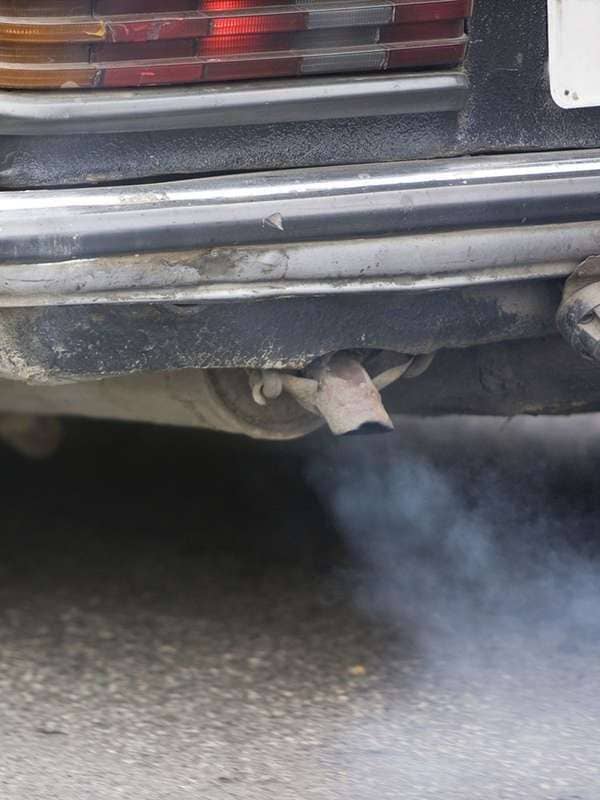
Unless you just got married and have a bunch of cans tied to your bumper, rattles are typically a sign of failing equipment, body damage, or loose or missing bolts. The most common cause of a rattle under the car is a problem with the exhaust system, such as a loose or damaged heat shield, a corroded exhaust pipe, or loose bolts on the muffler or exhaust pipe, but the rattle could also be caused by a problem with the catalytic converter. A rattle coming from the engine compartment could mean a failing water pump or a bad pulley bearing on the timing belt. Interior rattles could indicate missing screws on interior trim pieces, worn window channels, or problems with roller tracks on doors and windows.
SOURCE: https://www.bobvila.com/slideshow/7-car-sounds-you-should-never-ignore-53138







